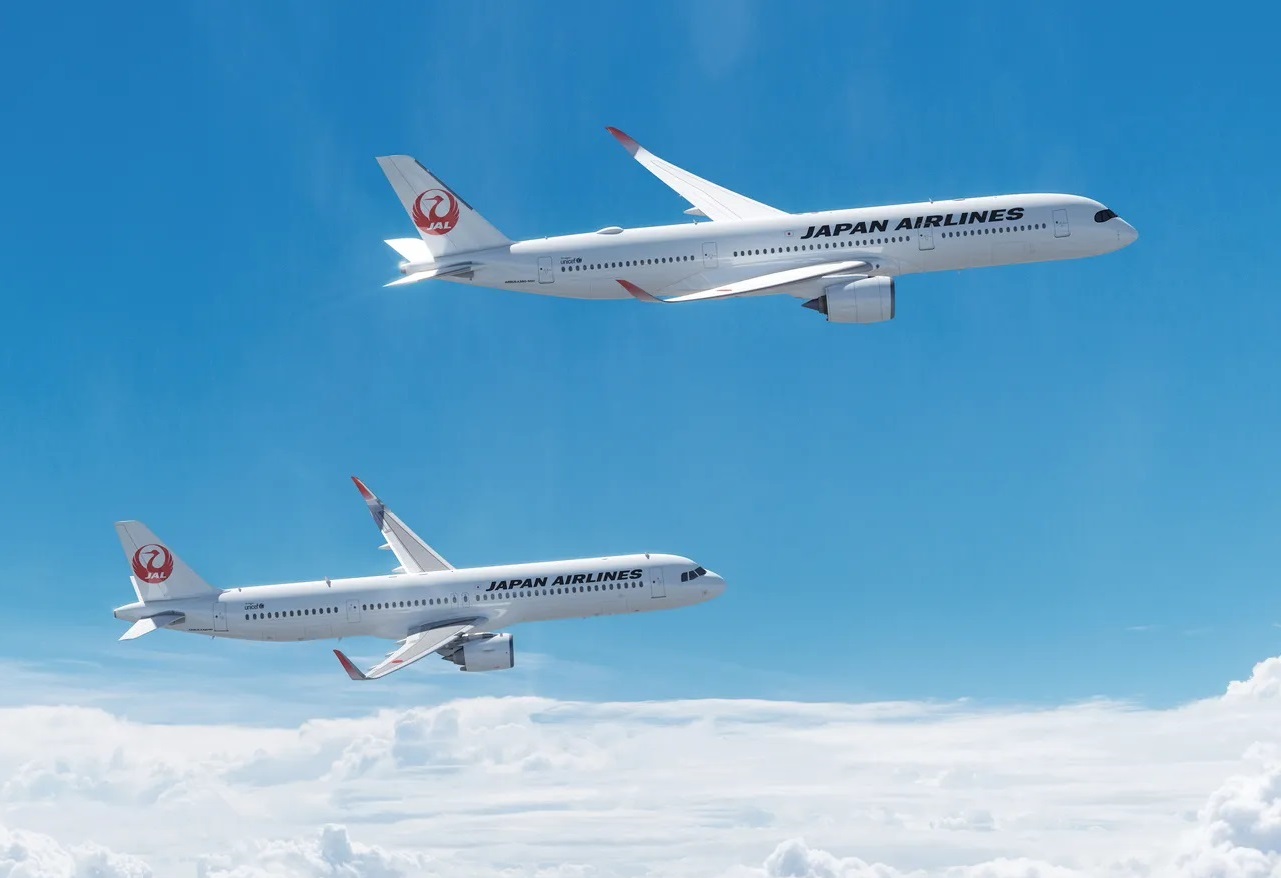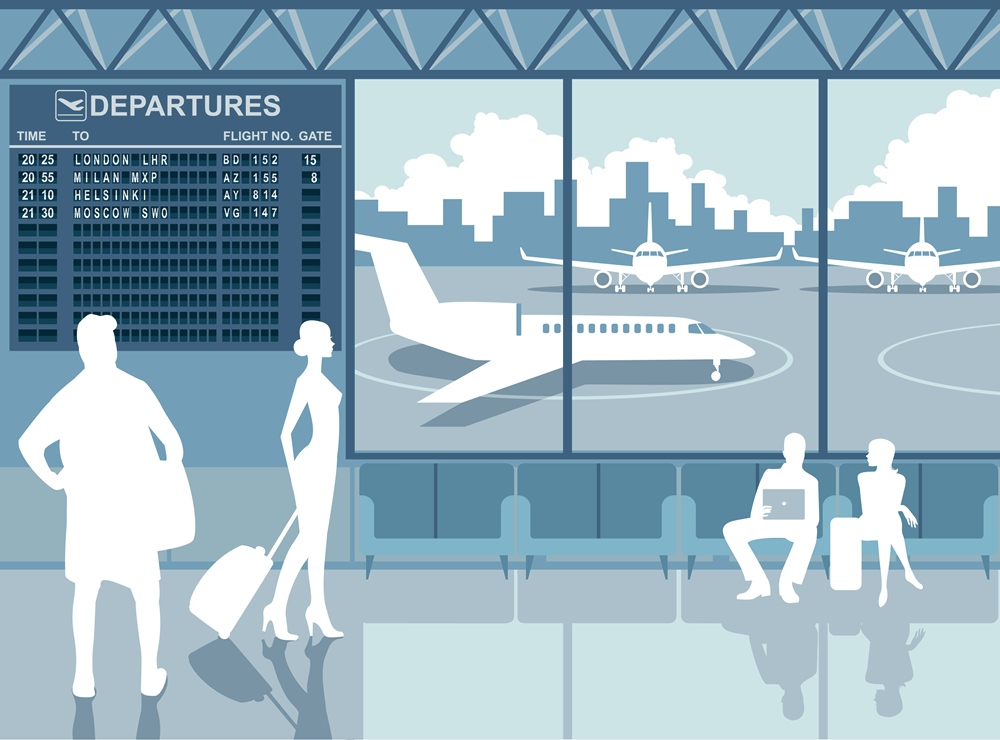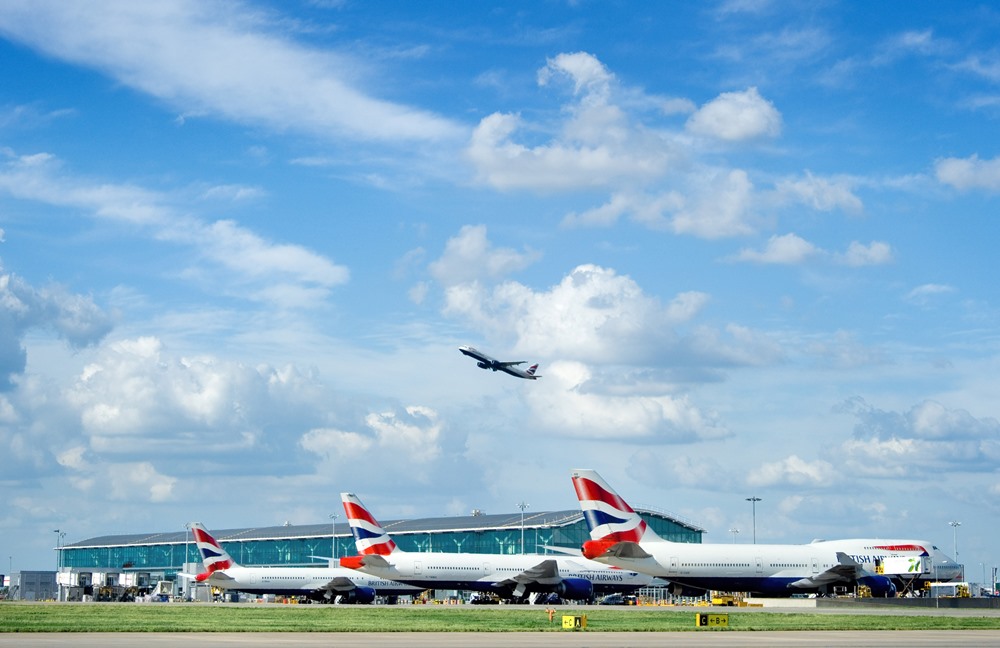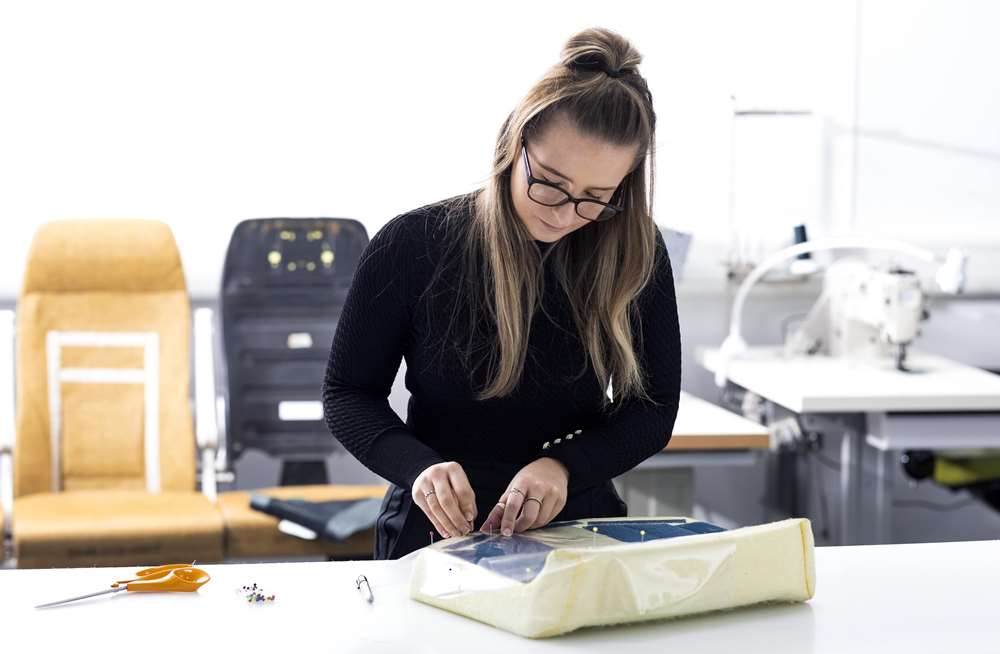JAL finalises A350-900s and A321neo order at FIA2024

Image copyright Airbus
The order was announced at FIA2024 during a signing ceremony with Yukio Nakagawa, Executive Officer and Senior Vice President Procurement of Japan Airlines and Christian Scherer, Chief Executive Officer of Airbus Commercial Aircraft business.
The new A350-900s will join the carrier’s A350 fleet serving international routes, while the A321neo will operate on domestic services within Japan. To date, JAL has ordered a total of 52 A350s, with 18 in service. The A321neo contract represents JAL’s first order for the Airbus single-aisle product line.
Executive Officer and Senior Vice President Procurement of Japan Airlines Yukio Nakagawa said: “We are delighted to have signed the firm order for the introduction of additional A350s and new A321s. We will accelerate the introduction of the state-of-the-art and fuel-efficient aircraft to provide our passengers with excellent service and to reduce CO₂ emissions. We believe that this additional introduction of Airbus aircraft will further deepen our partnership.”
Chief Executive Officer of the Commercial Aircraft business, Airbus, Christian Scherer said: “We thank Japan Airlines for placing its confidence once again in the A350. In addition, we celebrate a new milestone in our partnership with the airline following its order for the A321neo. We are committed to providing our full support to Japan Airlines as its growing fleet is deployed on more routes across its network, both domestically and internationally.”
As with all Airbus aircraft, the A350 aircraft - powered by Rolls-Royce's Trent XWB engines - is already able to operate with up to 50% Sustainable Aviation Fuel (SAF). Airbus is targeting to have its aircraft up to 100% SAF capable by 2030.
Ewen McDonald, Chief Customer Officer, Rolls-Royce – Civil Aerospace, said: "We are delighted to welcome Japan Airlines’ (JAL) order for 20 Airbus A350-900. JAL’s decision to order additional aircraft confirms their confidence in the Trent XWB and A350 combination. We look forward to supporting these new aircraft as they enter service.”










